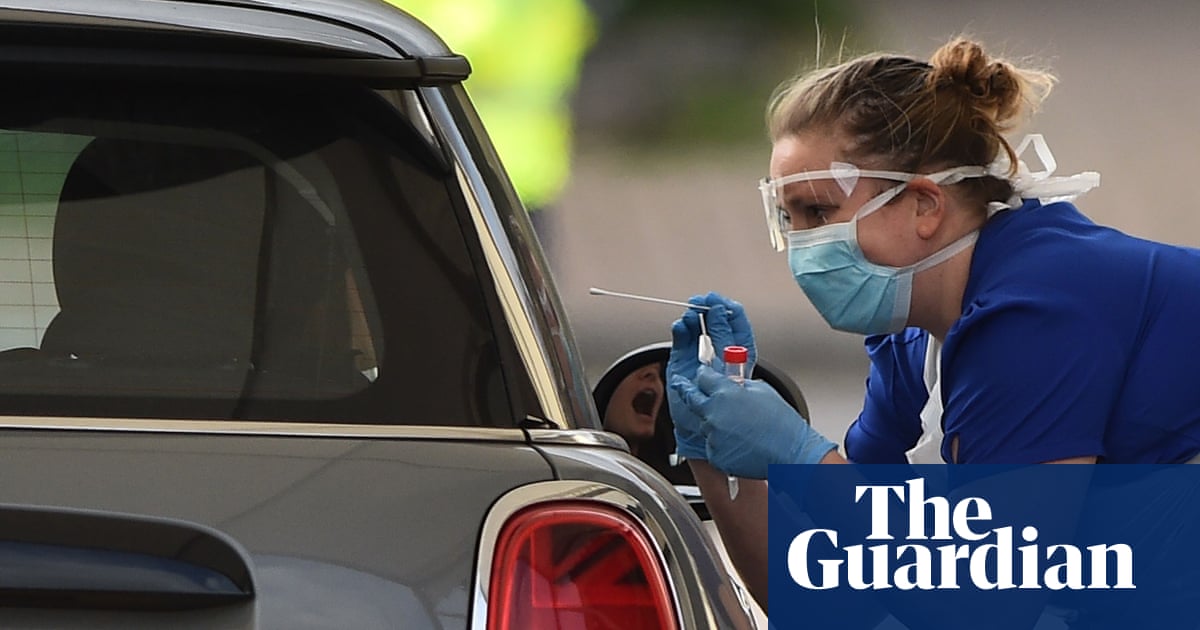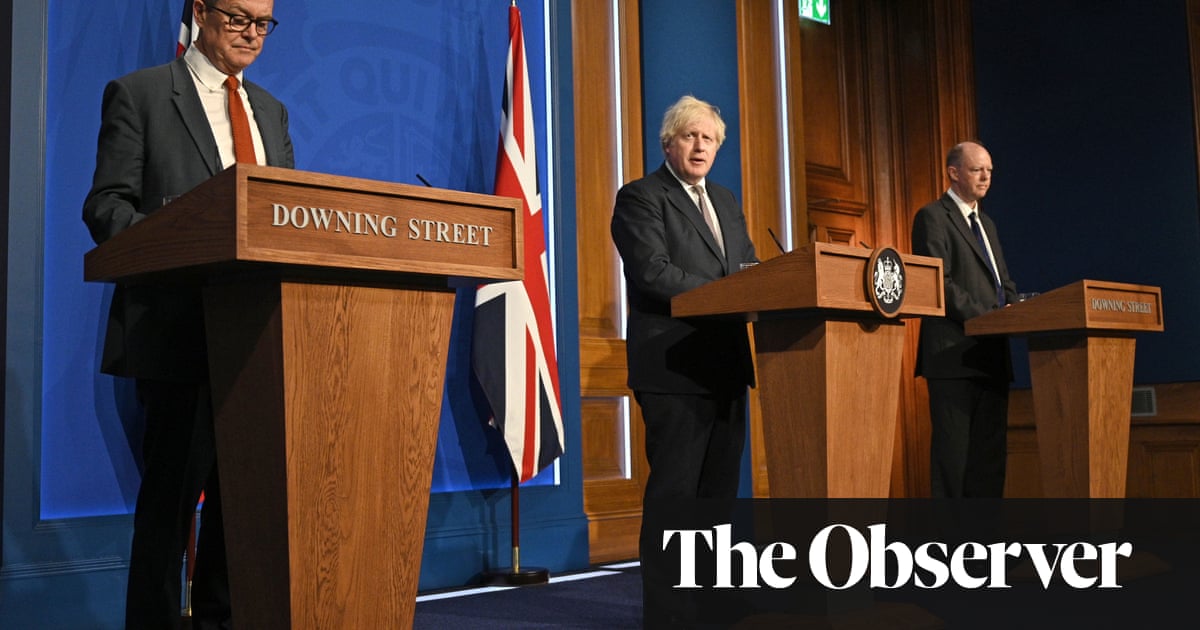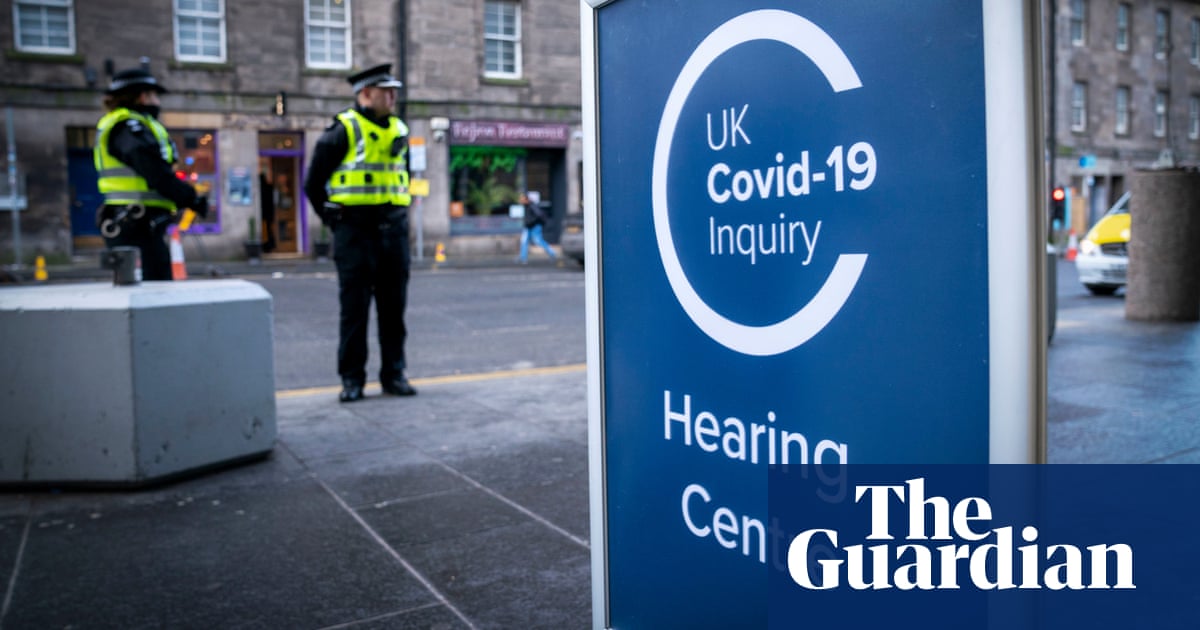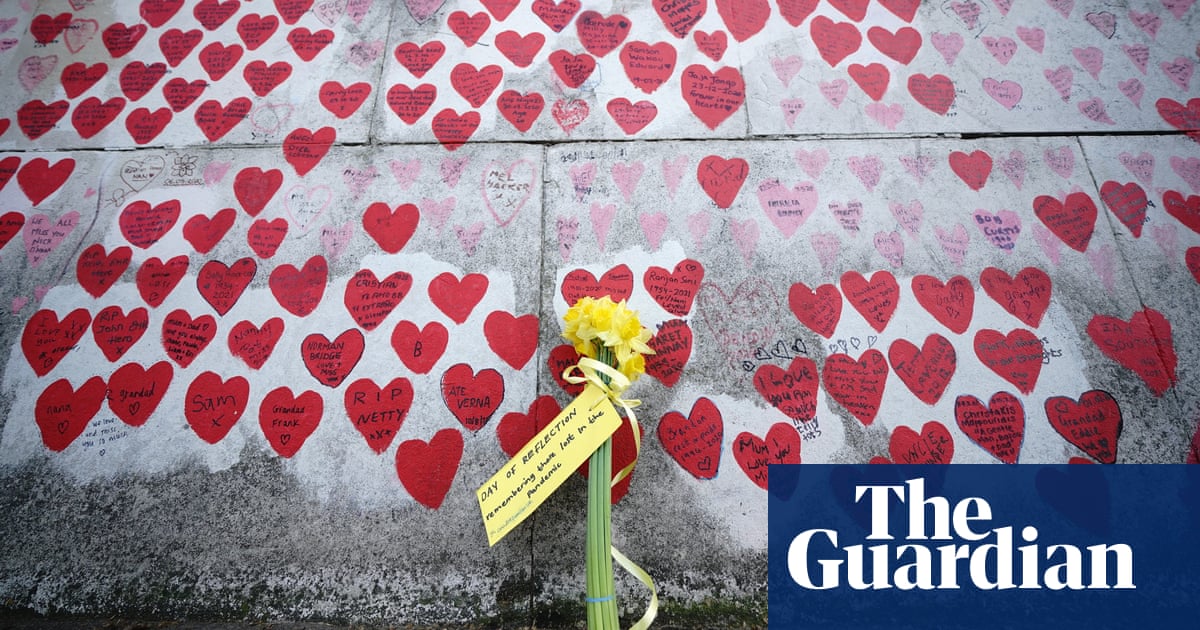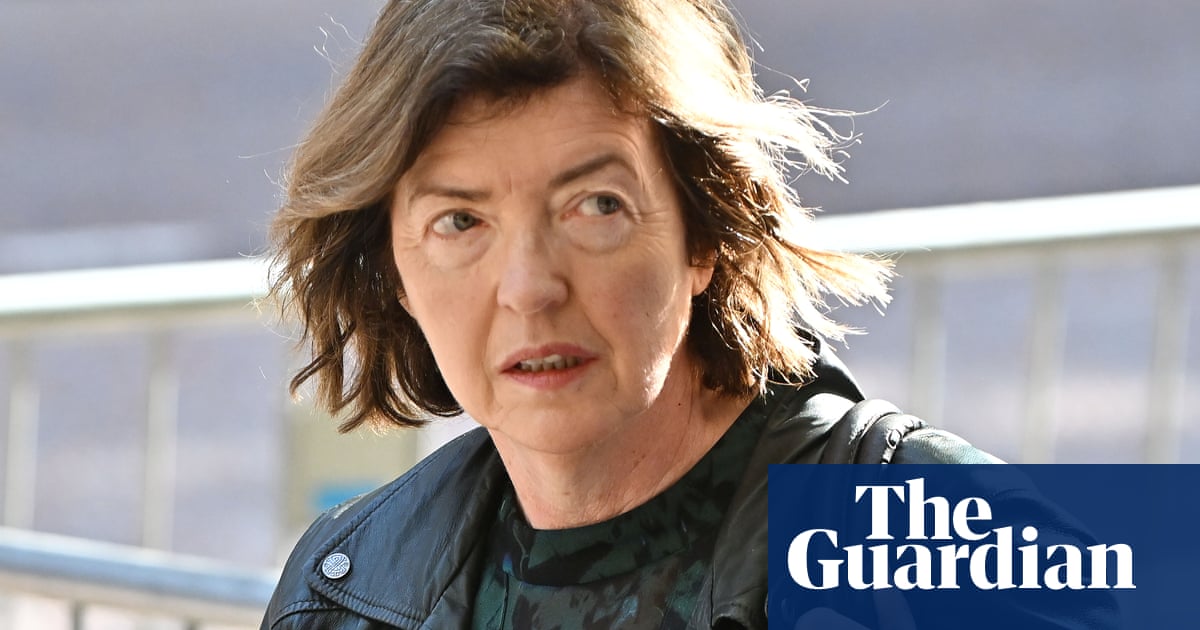
Northern Ireland’s government lacked cohesion and failed to be proactive during the Covid-19 pandemic, according to Sue Gray, the former senior civil servant who investigated the Downing Street Partygate scandal.
Gray, who is now Keir Starmer’s chief of staff, said the power-sharing executive at Stormont was prone to “silo working” and leaks that would have been a “terrible thing” if replicated at Westminster.
She made the comments on Thursday on the last day of Covid inquiry hearings in Northern Ireland that exposed blunders, dysfunction and infighting between the Democratic Unionist party (DUP) and Sinn Féin.
Three weeks of testimony from officials and politicians painted a damning picture of disarray and partisanship at the height of the pandemic, prompting a barrister for bereaved families to tell Stormont to “bloody well get on” and fix its flaws.
Michelle O’Neill, the Sinn Féin first minister, and Arlene Foster, the former DUP first minister, admitted making mistakes, under questioning that was critical of their handling of the crisis.
Gray was the top official in Stormont’s Department of Finance during the outbreak of Covid in early 2020 before transferring to the Cabinet Office in London in May 2021, making her the most senior official to have worked in both administrations during the pandemic.
The Stormont executive had just reformed after a three-year hiatus when the pandemic began, Gray said. “Relationships were still being formed between ministers and the civil service, and the assembly was now back. I think it was a reactive nature.”
Silo working was more pronounced at Stormont than Westminster and the executive struggled to contain leaks to the media, said Gray, who had been tasked with identifying the source. Asked what the reaction would be if such leaks were replicated at cabinet meetings in London, she said: “I think that would be a terrible thing and it would be seen for that.”
Gray said Stormont lacked defined rules on collective responsibility despite mandatory power sharing between nationalist and unionist parties, in contrast with London, where cabinet committees often resolved competing views. “There tends to be a certain discipline,” she said.
She lauded the “great leadership” of David Cameron and Nick Clegg in handling diverging views during the Conservative-Liberal Democrat coalition, when she worked in the Cabinet Office. “It didn’t break down in trust because actually it was a very honest and open and frank process.”
Gray’s report on lockdown-breaking parties in and around Downing Street paved the way for Boris Johnson’s resignation as prime minister in June 2022. Some Tories questioned her impartiality after she joined Labour and became Starmer’s chief of staff in the following year.
Her verdict on Stormont was mild compared with excoriations from Brenda Campbell KC, acting for the campaign group Covid-19 Bereaved Families for Justice Northern Ireland.
In closing submissions, Campbell said three weeks of “devastating evidence” had lifted the lid on a dysfunctional system whose omissions, oversights and failures had cost lives. Sinn Féin ministers, including O’Neill, caused hurt and anger by attending a big funeral for the leading IRA figure Bobby Storey amid Covid restrictions, Campbell said.
Earlier this week, O’Neill, who was deputy first minister during the pandemic, apologised for attending the funeral. “I am sorry for going,” she told the inquiry. O’Neill also faced criticism for following Ireland’s lead on school closures and deleting WhatsApp messages despite the head of Northern Ireland’s civil service telling her not to.
Campbell criticised the DUP, led at the time by Foster, for using a cross-community vote mechanism to block necessary measures supported by other parties. “It’s impossible to divorce that unedifying debacle in November 2020 from the chaos in the run-up to Christmas and from that shocking spike in deaths in early 2021,” she said.
Campbell exhorted Stormont to reform and quoted a former Northern Ireland secretary: “In the words of the late Mo Mowlam, the message from the Northern Ireland bereaved to those who represent us is now: ‘Bloody well get on and do it.’”
Brenda Doherty, whose mother, Ruth Burke, died from Covid, said the evidence showed that political leaders sleepwalked into the pandemic. “Despite the loudest possible alarms being sounded, our representatives failed to act.”
The inquiry’s chair, Heather Hallett, said she hoped its stint in Belfast had covered core decision-making and governance and that the inquiry would look in further detail at care homes, test and trace, mental health impacts and other issues. “The report will take some time and I make no apologies for that. It’s too important to rush and so I ask people to bear with us.”




